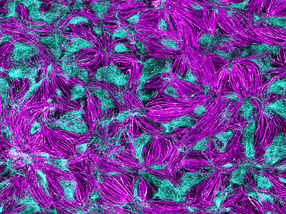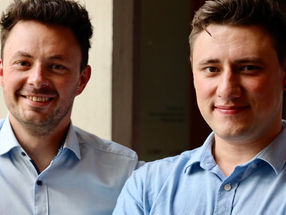Bionomics initiates Phase II clinical trial of anxiety treatment
Bionomics Limited announced the initiation of a Phase II clinical study of BNC210, the Company’s drug candidate in development for the treatment of anxiety and depression. The study will use functional magnetic resonance imaging (fMRI) to assess the effects of BNC210 on brain activity in patients suffering from anxiety.
“BNC210 has the potential to significantly improve the lives of anxiety sufferers, and we believe that with effective management of anxiety there is the potential to reduce the huge impact of the disease on societal and healthcare resources,” said Dr. Deborah Rathjen, Bionomics’ CEO and Managing Director.
“Currently, there is a large unmet medical need for fast-acting anxiolytic agents that lack the side effects observed with existing treatments, which include sedation and addiction, as well as negative side effects on memory and body movement. Bionomics’ commitment to the rapid development of BNC210 is indicative of its significant potential as an improved therapeutic for the treatment of anxiety.
The double-blinded, placebo and lorazepam-controlled, four-way crossover single-centre Phase II study (BNC210.006) will be conducted in 24 patients with untreated Generalised Anxiety Disorder (GAD). Patients will be randomized to receive one of two doses of BNC210 (300mg or 2000mg) or one of two controls, placebo or 1.5mg Lorazepam. The study will evaluate the capacity of BNC210 to engage brain systems relevant to anxiety. The endpoints include both significant changes in cerebral perfusion and in task-related brain activity using the emotional faces task during fMRI. The study is being conducted by Principal Investigator, Professor Allan Young, at The Institute of Psychiatry, Psychology & Neuroscience (IoPPN) at King’s College in London.
The clinical phase of the study is expected to be completed by Q2 2016 with results due in Q3 2016.
Other news from the department research and development

Get the life science industry in your inbox
From now on, don't miss a thing: Our newsletter for biotechnology, pharma and life sciences brings you up to date every Tuesday and Thursday. The latest industry news, product highlights and innovations - compact and easy to understand in your inbox. Researched by us so you don't have to.























































